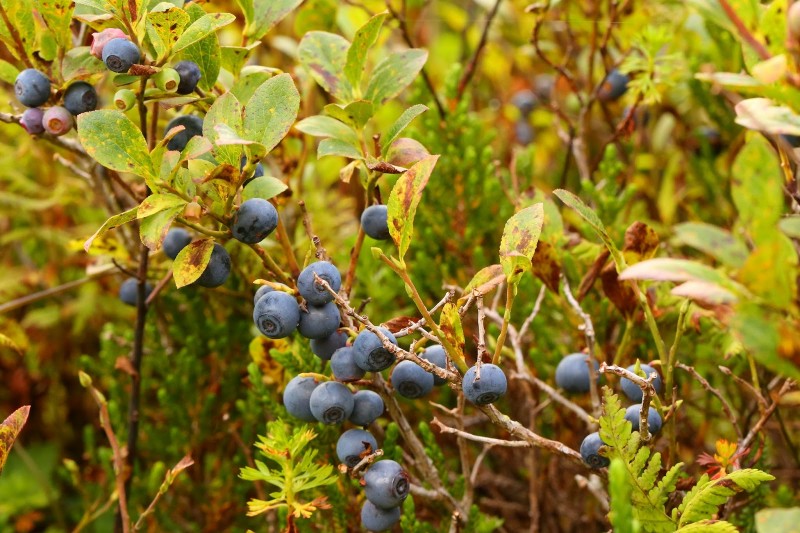
Bilberry trees (Vaccinium myrtillus) have long been revered for their delicious and nutritious berries. However, a question that often arises is whether these seemingly benevolent trees have a darker side, potentially harming neighboring plants. In this article, we delve into the intriguing inquiry: "Are Other Plants Poisoned by the Bilberry Tree?"
The Bilberry Tree's Defense Mechanisms
Natural Chemical Compounds: Bilberry trees have developed an array of natural chemical compounds, including tannins and flavonoids, to protect themselves from herbivores and pests.
Allelopathic Effects: The tree releases allelopathic substances into the soil, which can inhibit the growth of nearby plants, a strategy employed to reduce competition for resources.
The Impact on Nearby Flora
Allelopathy in Action: Studies suggest that the allelopathic substances emitted by bilberry trees can indeed hinder the germination and growth of certain plant species.
Selective Inhibition: While some plants may be affected, others have shown resilience, indicating that the allelopathic effects of bilberry trees are selective.
Ecological Significance
Maintaining Biodiversity: The allelopathic effects of bilberry trees can contribute to the maintenance of biodiversity by preventing the dominance of a single plant species.
Ecosystem Balance: By curbing the growth of certain plants, bilberry trees help maintain a balance in local ecosystems.
The Fine Line Between Beneficial and Harmful
Complex Interactions: The relationship between bilberry trees and neighboring plants is complex, with factors like soil type, nutrient availability, and species-specific sensitivities playing a role.
Balance in Nature: While the allelopathic effects may be perceived as harmful, they serve as a mechanism to prevent overgrowth and ensure the health of the ecosystem.
Practical Implications
Gardening Considerations: For gardeners and landscapers, understanding the allelopathic potential of bilberry trees can aid in strategic plant placement and selection.
Sustainable Land Management: Incorporating bilberry trees into reforestation projects can help restore ecosystems and promote biodiversity.
Addressing Common Misconceptions
Misinterpretation of Symptoms: Symptoms of struggling plants near bilberry trees might not necessarily be caused by toxicity; other factors could contribute.
Scientific Rigor: Careful scientific research is essential to differentiate between allelopathic effects and other environmental stressors.
In conclusion, the question "Are Other Plants Poisoned by the Bilberry Tree?" is more nuanced than a simple yes or no. The allelopathic effects of bilberry trees can indeed impact nearby plants, but this ecological interaction is part of the intricate web of nature's balance. Rather than poisoning, the trees maintain a delicate equilibrium, showcasing the interconnectedness of the plant world.
Jason Bretfelean Wins Mr.Global at Rubaru Mr India 2023, The Rising Superstar
Embracing Indigenous Wisdom: 10 Quotes for World Tribal Day
Gurugram: Section 144 Lifted as Calm Returns after Communal Clashes